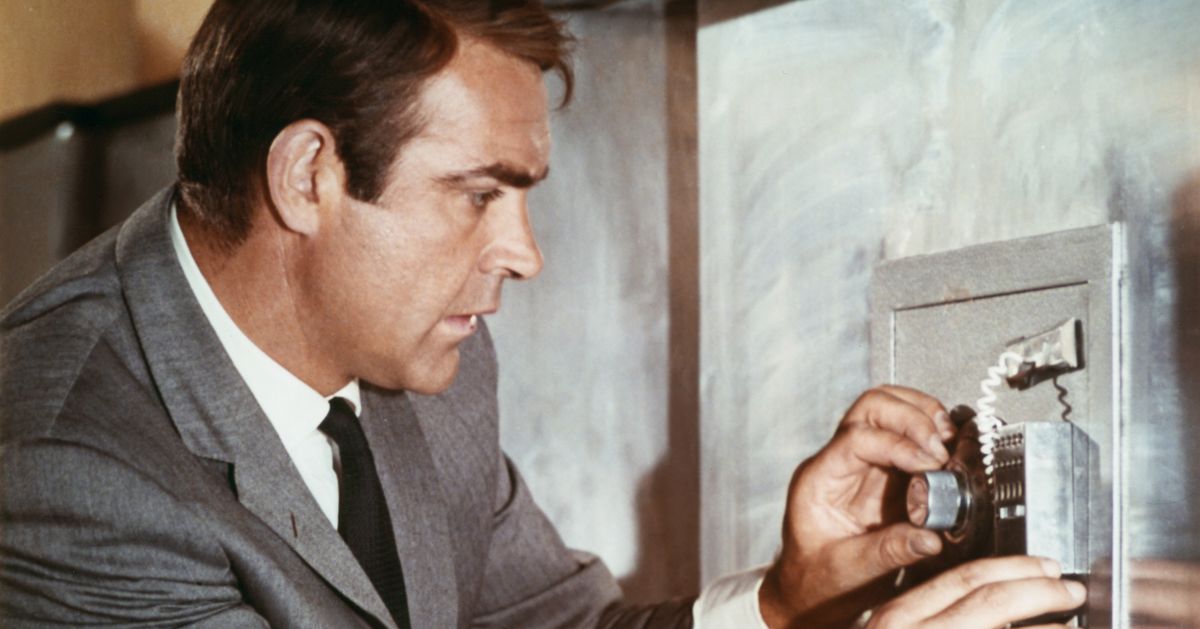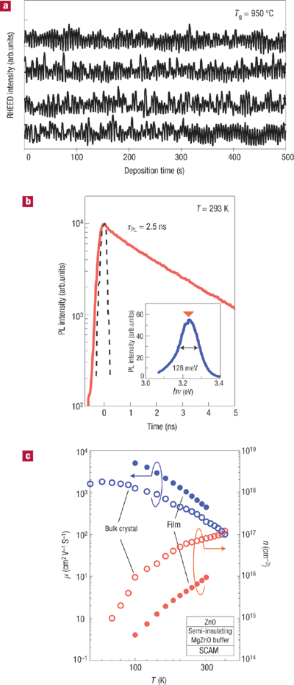- Select a language for the TTS:
- UK English Female
- UK English Male
- US English Female
- US English Male
- Australian Female
- Australian Male
- Language selected: (auto detect) - EN
Play all audios:
You have full access to this article via your institution. Download PDF The US Food and Drug Administration has approved the first therapy for metachromatic leukodystrophy (MLD), a rare
fatal genetic disorder. The lysosomal storage disease affects about 40 children each year in the USA. It is caused by a mutation in the gene encoding the arylsulfatase enzyme that leads to
progressive demyelination and progressive loss of motor and cognitive functions. There were previously no treatments. The new gene therapy, Orchard Therapeutics’ Lenmeldy (atidarsagene
autotemcel), has a price tag of $4.25 million, making it the world’s most expensive drug. It inserts functional copies of the arylsulfatase A (_ARSA_) gene into the patient’s own
hematopoietic stem ex vivo with a lentiviral vector. The repaired stem cells are re-infused, correcting the enzyme deficiency and preventing the harmful buildup of sulfatide fats that cause
nerve cell demyelination. The approval is based on results from 37 pediatric patients showing that Lenmeldy improved motor impairment and survival compared with the natural history of MLD.
All presymptomatic patients treated with Lenmeldy who had the late infantile form of MLD were alive at age 6 years, compared with just over half of the natural history group. Treated
patients could walk and had normal language and cognitive skills. In patients with pre- or early symptomatic juvenile forms of MLD, the gene therapy also slowed motor and cognitive decline.
Lenmeldy was developed by Italy’s San Raffaele Telethon Institute for Gene Therapy in partnership with GlaxoSmithKline, which sold the asset to Orchard, now part of Japanese pharma group
Kyowa Kirin. The gene therapy received European Commission approval as Libmeldy in 2020. Lenmeldy carries warnings for the risk of infections, blood clots and brain swelling, among others.
RIGHTS AND PERMISSIONS Reprints and permissions ABOUT THIS ARTICLE CITE THIS ARTICLE World’s priciest drug treats MLD. _Nat Biotechnol_ 42, 541 (2024).
https://doi.org/10.1038/s41587-024-02217-z Download citation * Published: 17 April 2024 * Issue Date: April 2024 * DOI: https://doi.org/10.1038/s41587-024-02217-z SHARE THIS ARTICLE Anyone
you share the following link with will be able to read this content: Get shareable link Sorry, a shareable link is not currently available for this article. Copy to clipboard Provided by the
Springer Nature SharedIt content-sharing initiative






:max_bytes(150000):strip_icc():focal(1023x483:1025x485)/Real-Life-Love-Lorelai-Mentzer-01-060823-37f4c216fe9749e09579a6729bca6e51.jpg)
